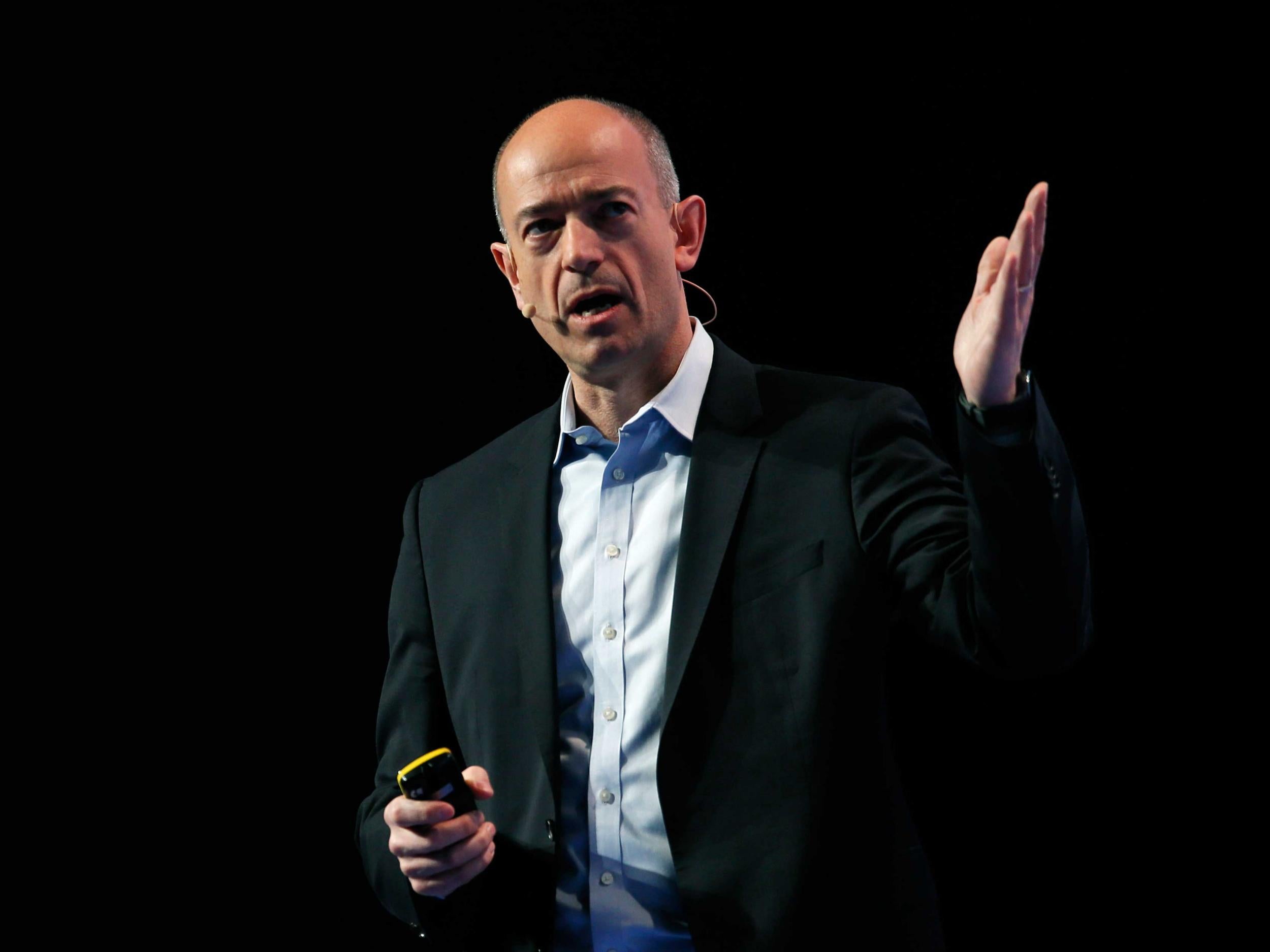The overseas takeover of British tech star ARM will be the first of many fuelled by the Pound's plunge
Japan's SoftBank has pledged to double ARM's UK workforce and could emerge as a good owner of the company, but that won't be true of all the predators hunting British corporate prey

It is the British technology superstar most people have probably never heard of. iPhone chip designer ARM Holdings won’t be British for much longer.
The Brexit aftershocks had barely started rumbling when Japan’s SoftBank picked up the phone to ARM’s Cambridge HQ.
What has emerged with remarkable speed since then is a £24.3bn foreign takeover of a prized British asset that might be only the first of many.
The Japanese conglomerate is betting that ARM will make it one of the big guns in the so-called “internet of things” in which almost every household object you’d care to mention will ultimately have network connectivity.
Given the plethora of domestic devices that currently house ARM designed chips - the company’s reach goes way beyond the iPhone - it makes a lot of sense. It makes even more sense when you take into account the Pound’s attempt to turn itself into the Peseta. The £17 a share SoftBank is proposing to pay represents a 43 per cent premium to ARM’s closing price last week, but SoftBank is getting a 30 per cent sale discount as a result of Sterling’s tumble against the Yen.
Chancellor Philip Hammond was moved in the wake of the deal’s announcement, to declare that “Britain has lost none of its allure to international investors”. But that’s sophistry, and he knows it.
Not only is SoftBank paying in devalued Sterling, what it is buying is a global company which does most of its business in dollars. So SoftBank has launched an opportunistic bid in the knowledge that it faces almost no Brexit risk by doing so. Even were the UK to come out of the single market it wouldn’t matter all that much given the markets ARM operates in. This makes it a rather unique proposition from the perspective of an international purchaser.
What makes the deal much more palatable than it might otherwise be is that SoftBank is an unusual purchaser, which has put together quite the sales pitch in an attempt to nip any doubts anyone might have in the bud.
It has pledged that some 1,500 new jobs will be created over the next five years, doubling ARM’s UK headcount. The company will remain headquartered in Cambridge and SoftBank will give it all the love it needs, allowing it to operate in the way it always has done.
Previously assurances about jobs made in the run up to takeovers have been all but worthless. But this deal will be just about the first under new Takeover Panel rules that give them a measure of legal force. The rule changes followed Kraft Foods’ pledge to keep jobs in Britain after its takeover of chocolatier Cadbury’s in an attempt to garner support, only for it to perform a volte face when the ink was dry on the deal.
ARM’s chief executive Simon Segars says that while ARM won’t change, and would have made new hires as an independent company, SoftBank will allow it to achieve more, and at a faster speed, than it otherwise might have been able to do.
He joined the business when it boasted just 15 employees and probably cares a lot more about its people and its future than most of his FTSE 100 peers care about the businesses they oversee. So perhaps we can take him at his word.
There are risks. SoftBank is a sprawling conglomerate that owns a bewildering array of businesses. Such entities have a bad record of making poor strategic decisions. It’s fair to ask whether ARM’s prospects will be as rosy when its driving force, chairman Masayoshi Son, steps down.
However, had more of a competitor like Intel swooped, the result would have been much, much worse. ARM, oft rumoured as a takeover target, could have found itself gutted. Future British targets for overseas predators will be gutted, as the predators’ finance directors sell their deals on the basis of “cost synergies” for which read job cuts.
ARM/s departure from the stock exchange will be a loss - and a big one - to investors in the FTSE 100. There is nothing comparable to it. The dominance of banks and overseas mining companies will be strengthened.
Business news: In pictures
Show all 13But the real worry here is not this deal, it is next one, and the one after that. It isn’t only the Yen which Sterling has fallen against. Others will be emboldened by this transaction and the Government’s response to it, even if their targets face post Brexit risks that ARM doesn’t. They will not be as agreeable as the owners of British assets as SoftBank appears to want to be.
Theresa May’s Government has nothing resembling a post Brexit industrial policy, other than to sit and watch as the for sale is hoisted over any British business you’d care to mention while preparing to repeat Mr Hammond’s homily about Britain attracting investment when the next domino falls.
This is one of the fruits of Brexit. Britain might be able to pretend that it runs itself after the now famous Article 50 is triggered to set in motion its EU exit. But the pitifully weak Pound has put its best companies on the sale rail. Post Brexit Britain is going to come under new, overseas ownership. I wonder if Nigel Farage and other flag waving Leave campaigners will recognise the irony.
Subscribe to Independent Premium to bookmark this article
Want to bookmark your favourite articles and stories to read or reference later? Start your Independent Premium subscription today.

Join our commenting forum
Join thought-provoking conversations, follow other Independent readers and see their replies